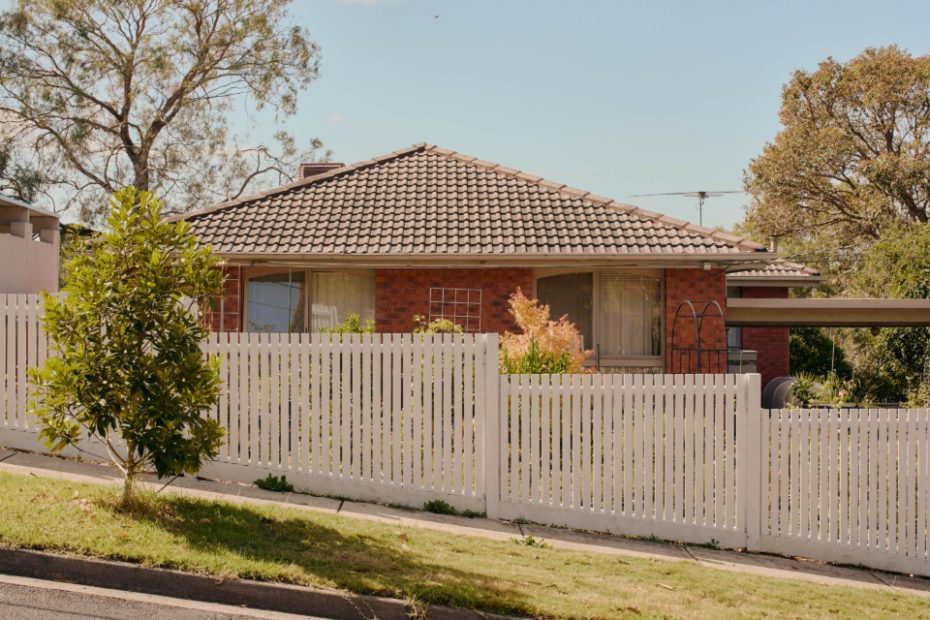5 Upgrades That Will Make Your Home More Sustainable + Save You Money
Climate
Home of Connie Cao. Photo – Amelia Stanwix.
About 20 per cent of Australia’s carbon emissions come from how we heat our homes and our water, how we cook, what vehicles we drive, and where we get our electricity from, according to a 2025 report by Rewiring Australia.
That’s more than any other area of the economy. But what would happen if they were powered by electricity instead of fossil fuels?
New modelling reveals Australia is one of the first countries to pass an ‘electrification tipping point’. Now, the electrification of homes and vehicles can deliver both cost of living savings and emissions reductions simultaneously — making it a win-win.
The Electrification Tipping Point report has found households using gas appliances and petrol vehicles could save $61,500 over 15 years, or more than $4000 a year on average if they upgrade their appliances and vehicles to efficient, electric ones and get their power from a combination of rooftop solar, a home battery, and the existing electricity grid.
This doesn’t require you to rip out and replace your gas appliances with electric ones right away. Instead, Rewiring Australia co-founder Saul Griffith says to simply ‘fix it when it fails’.
So when your gas heater needs replacing, or when you need a new car, that’s a good time to opt for an electric version.
Here are five updates to consider making to your home.
Home of Jim Ross. Photo – Caitlin Mills.
Home of Sunni Hart and Peter Baxter. Photo – Eve Wilson. Editorial Styling – Annie Portelli.
1. Change to an electric cooktop
Electric cooking is 2-3 times more efficient than gas, and can save about $20-$30 a year on bills. However, the larger saving will often come from being able to disconnect from the gas network and avoid paying gas connection fees once your home is fully electric. More importantly, making the switch to electric also avoids the negative health impacts of cooking with gas — which has been shown to make indoor air up to five times more polluted.
2. Switch to an electric vehicle
Electric vehicles are approximately 3.5 times more efficient than petrol vehicles at converting energy into motion. Better yet, the 2025 report shows driving an electric vehicle saves around $1500 per year in driving costs, or $2500 per year if that car is charged with solar.
Home of Janae and Chris Paquin-Bowden. Photo – Amelia Stanwix.
3. Invest in solar panels
Roughly three million Aussie homes already have solar panels on their roofs and are receiving some of the lowest costs of delivered electricity in the world. That’s because we’re in a strong position when it comes to solar, thanks to Australia’s generally mild weather and sunny climate.
Plus, if you’ve already made the switch, installing rooftop solar to power your electric appliances and vehicles can save an additional $2200 per year. But even those still using fossil fuel appliances can save an average of $980 a year from purchasing solar, including the repaying the upfront costs.
Home of Clementine Day. Photo – Amelia Stanwix.
Home of Ella Reweti. Photo – Eve Wilson. Editorial Styling – Sarah Hendriks
Home of Ella Reweti. Photo – Eve Wilson. Editorial Styling – Sarah Hendriks
4. Install a reverse-cycle air conditioner
While heating requirements differ dramatically between states like Victoria and Queensland, everyone should consider switching to a reverse-cycle or heat-pump air conditioner to heat their homes. Also known as split systems, they’re at least four times more efficient at heating homes than alternatives such as natural gas, electric resistance heating, and wood fires. Making the switch in 2025 can save an average of $530 a year.
5. Update your water heater
Heat pump hot water heaters are now the lowest cost and lowest emission way to heat water in Australian homes. These heaters can save an average of $250 annually compared to instant gas, or $400 if the home has solar.
Read the full report ‘The Electrification Tipping Point’ by Rewiring Australia here.
